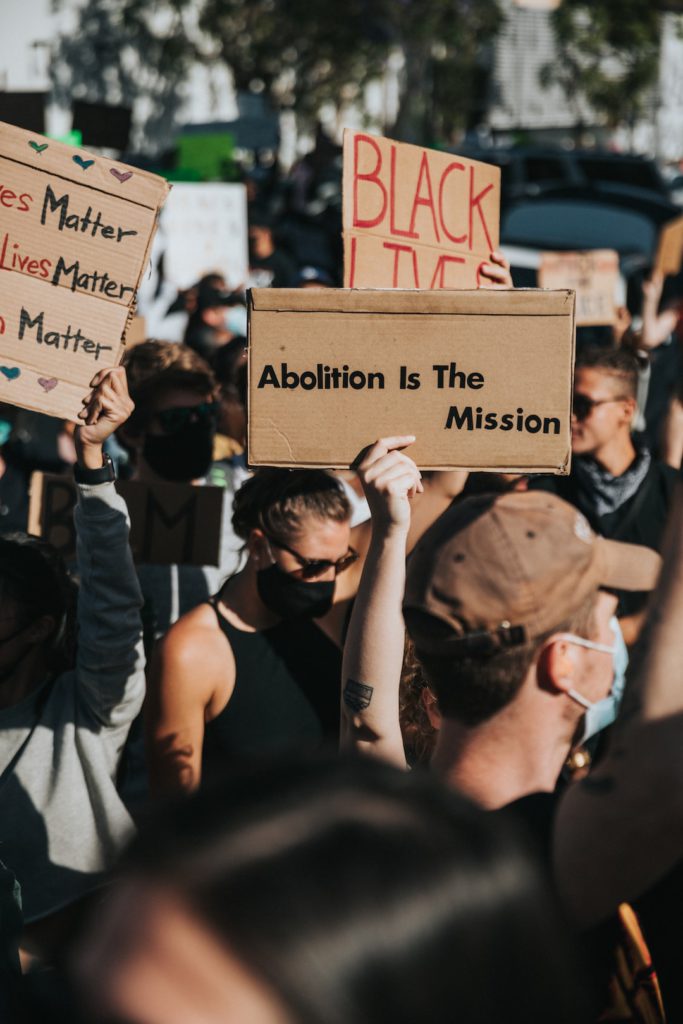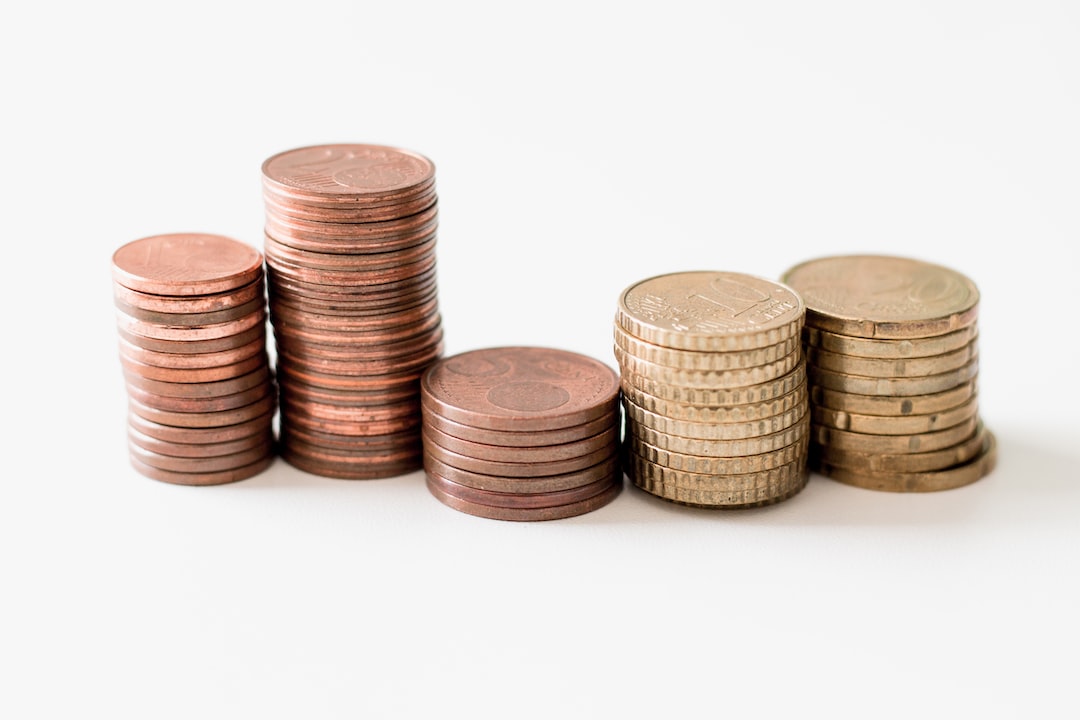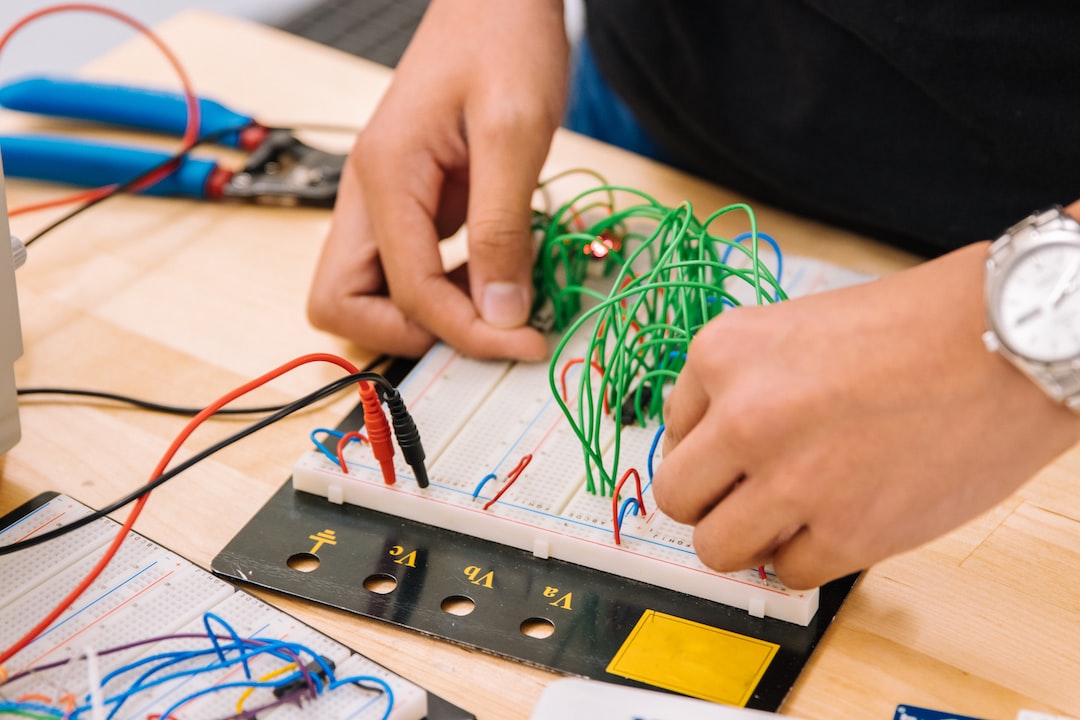Key Takeaways:
– The term “cracker” is a derogatory term used to refer to white people.
– The origins of the term are debated, with some theories suggesting it originated from the cracking sound of whips used by slave owners.
– The term has evolved over time and is now used in various contexts, often as a racial slur.
– It is important to understand the historical and social implications of using such terms and to promote respect and understanding among different racial and ethnic groups.
Subheadings:
1. Introduction
2. Origins of the Term “Cracker”
3. Evolution of the Term
4. Contemporary Usage and Controversies
5. Impact and Implications
6. Promoting Respect and Understanding
7. Conclusion
Introduction
The term “cracker” is a derogatory term often used to refer to white people. While it may seem puzzling why white individuals are called “cracker,” the term has a complex history and carries significant social and historical implications. In this article, we will explore the origins of the term, its evolution, contemporary usage, and the impact it has on racial dynamics. It is crucial to approach this topic with sensitivity and understanding, as racial slurs can perpetuate stereotypes and hinder progress towards a more inclusive society.
Origins of the Term “Cracker”
The origins of the term “cracker” are debated among scholars and historians. One theory suggests that it originated from the cracking sound made by slave owners’ whips, as they used them to discipline enslaved individuals. The term was allegedly used to describe white individuals who were responsible for cracking the whip, enforcing the oppressive system of slavery. However, it is important to note that this theory lacks concrete evidence and is subject to interpretation.
Another theory proposes that the term “cracker” originated from the Gaelic word “craic,” which means “entertaining conversation” or “fun.” Irish and Scottish immigrants who settled in the southern United States were referred to as “crackers” due to their lively and sociable nature. Over time, the term may have taken on a derogatory connotation, possibly due to tensions between different ethnic groups.
Evolution of the Term
The term “cracker” has evolved over time and has been used in various contexts. In the early 20th century, it was commonly used to refer to poor white individuals in the southern United States. It was often associated with rural, working-class white people who engaged in manual labor, such as farming or logging. However, the term gradually acquired a negative connotation and became a racial slur targeting all white individuals.
In recent years, the term has been used in different ways, sometimes as a form of self-identification or as a means of reclaiming the word. Some individuals argue that using the term “cracker” can be a way to challenge racial stereotypes and reclaim power. However, it is essential to recognize that the word still carries a history of oppression and can be hurtful to many people.
Contemporary Usage and Controversies
The contemporary usage of the term “cracker” varies depending on the context and the individuals involved. In some cases, it is used as a racial slur to demean and belittle white people. This usage perpetuates racial tensions and reinforces harmful stereotypes. On the other hand, some argue that using the term in a non-derogatory manner can be a way to address racial inequalities and challenge power dynamics.
The use of racial slurs, including “cracker,” is a highly controversial topic. While some argue for freedom of speech and the right to use any language they choose, others emphasize the importance of promoting respect and understanding among different racial and ethnic groups. It is crucial to consider the impact of our words and actions on others and to strive for a society that values inclusivity and equality.
Impact and Implications
The use of racial slurs, such as “cracker,” can have significant impacts on individuals and communities. It perpetuates stereotypes, fosters division, and hinders progress towards racial equality. Racial slurs contribute to a hostile environment and can lead to increased discrimination and prejudice. It is essential to recognize the power dynamics at play and to promote empathy and understanding among different racial and ethnic groups.
Furthermore, the use of racial slurs can also have psychological effects on individuals who are targeted. It can lead to feelings of marginalization, low self-esteem, and a sense of not belonging. It is crucial to create spaces where individuals feel safe and respected, regardless of their racial or ethnic background.
Promoting Respect and Understanding
To foster a more inclusive society, it is essential to promote respect and understanding among different racial and ethnic groups. This involves challenging our own biases, educating ourselves about the historical and social implications of racial slurs, and engaging in open and honest conversations about race.
Instead of using derogatory terms, we should strive to create an environment where individuals are valued for their unique experiences and contributions. This can be achieved through education, empathy, and actively working towards dismantling systemic racism.
Conclusion
The term “cracker” is a derogatory term used to refer to white people. Its origins are debated, with theories suggesting it originated from the cracking sound of whips used by slave owners or from Gaelic roots. The term has evolved over time and is now used in various contexts, often as a racial slur. It is crucial to understand the historical and social implications of using such terms and to promote respect and understanding among different racial and ethnic groups. By challenging our own biases and actively working towards inclusivity, we can create a more equitable and harmonious society.








